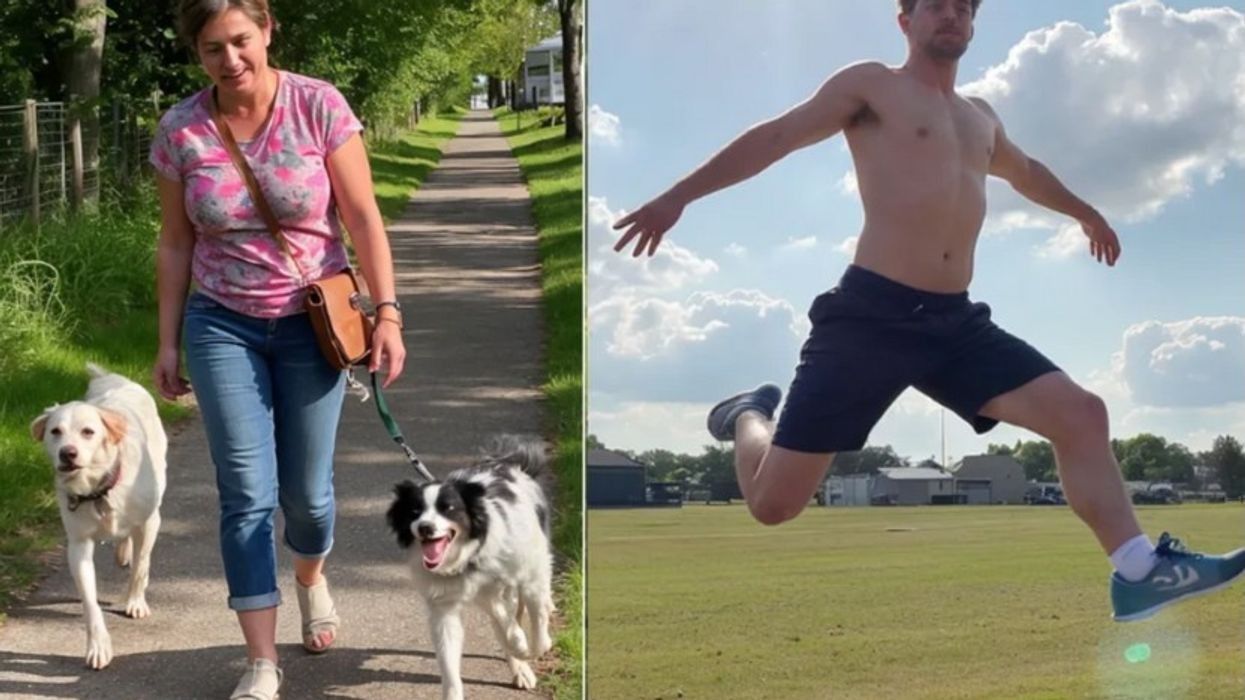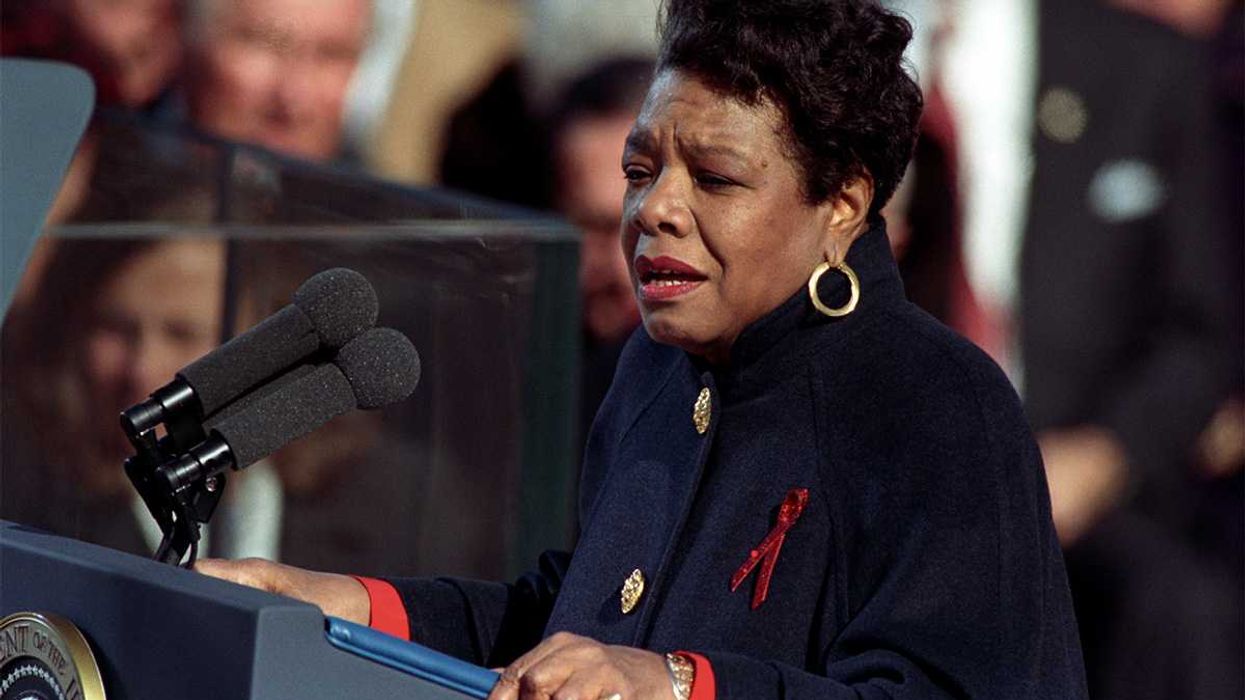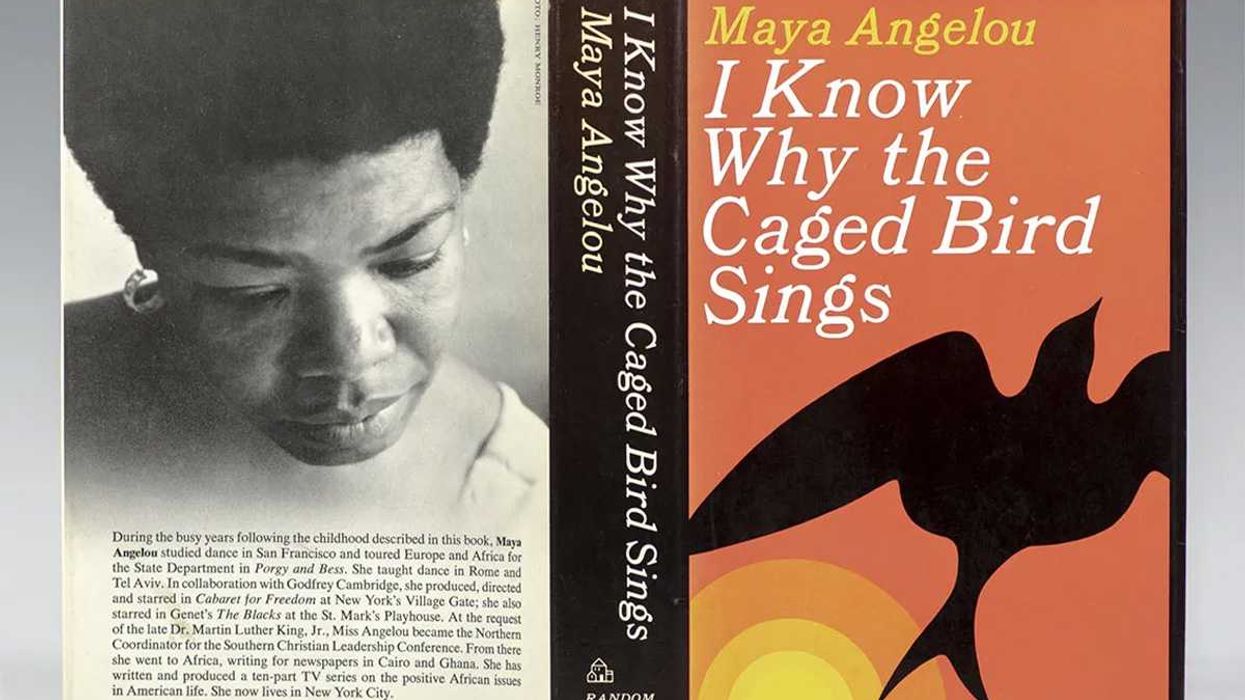NASA satellites continually monitor the Earth, snapping photos and sending information to researchers on the ground.
Most of the time, things seem to be more or less the same as they were the day before, but the Earth is constantly changing. Sometimes it changes through discrete events, like landslides and floods. Other times, long-term trends, such as climate change, slowly reshape the land in ways that are difficult to see.
By zooming way out, we can get a new perspective of the events that have changed the Earth.
These 10 before-and-after photos show the disasters, trends, and changes that have affected our planet, as seen from space.
These images are only a small set of the many pictures NASA released. Globally, there were a ton of other interesting sites, like entire lakes turning red in Iran, new islands being formed by ocean volcanoes, and dams flooding rainforests in Brazil.
The world — and our country — is constantly changing, and we play a part in that.
Sometimes nature changes us, such as people having to respond to floodwaters, but we also know humans affect the Earth as well. And while it's true that the Earth has gone through natural cycles, we know it's now happening faster than ever before.
As the Earth will continue to change, it’s important to remain aware of how we affect the Earth — and how the Earth affects us.
















 Couple talking in the woods.
Couple talking in the woods. Woman and man have a conversation.
Woman and man have a conversation. A chat on the couch.
A chat on the couch. Two people high-five working out.
Two people high-five working out. Movie scene from Night at the Roxbury.
Movie scene from Night at the Roxbury.  Friends laughing together.
Friends laughing together.
 Maya Angelou reciting her poem "On the Pulse of Morning" at President Bill Clinton's inauguration in 1993.William J. Clinton Presidential Library/
Maya Angelou reciting her poem "On the Pulse of Morning" at President Bill Clinton's inauguration in 1993.William J. Clinton Presidential Library/  First edition front and back covers and spine of "I Know Why the Caged Bird Sings."Raptis Rare Books/
First edition front and back covers and spine of "I Know Why the Caged Bird Sings."Raptis Rare Books/ 

 Tow truck towing a car in its bedCanva
Tow truck towing a car in its bedCanva  Sad woman looks at her phoneCanva
Sad woman looks at her phoneCanva  A group of young people at a house partyCanva
A group of young people at a house partyCanva  Fed-up woman gif
Fed-up woman gif Police show up at a house party
Police show up at a house party 
 A trendy restaurant in the middle of the dayCanva
A trendy restaurant in the middle of the dayCanva A reserved table at a restaurantCanva
A reserved table at a restaurantCanva Gif of Tim Robinson asking "What?' via
Gif of Tim Robinson asking "What?' via 

 An octopus floating in the oceanCanva
An octopus floating in the oceanCanva